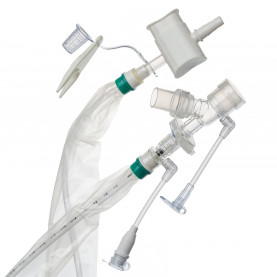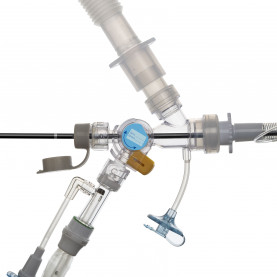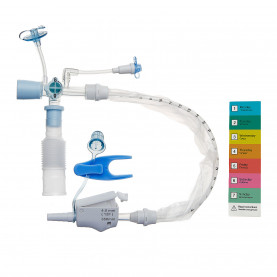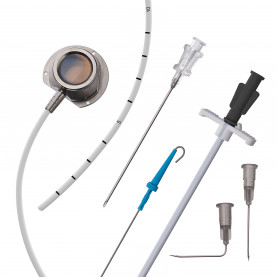WHO launches Global Action Plan on Physical Activity
WHO Director-General Dr Tedros Adhanom Ghebreyesus is today joining Prime Minister António Costa of Portugal to launch the new "WHO Global action plan on physical activity and health 2018-2030: More active people for a healthier world."
"Being active is critical for health. But in our modern world, this is becoming more and more of a challenge, largely because our cities and communities aren’t designed in the right ways," said Dr Tedros. "We need leaders at all levels to help people to take the healthier step. This works best at city level, where most responsibility lies for creating healthier spaces."
Worldwide, one in five adults, and four out of five adolescents (11-17 years), do not do enough physical activity. Girls, women, older adults, poorer people, people with disabilities and chronic diseases, marginalized populations, and indigenous people have fewer opportunities to be active.
Regular physical activity is key to preventing and treating noncommunicable diseases (NCDs) such as heart disease, stroke, diabetes and breast and colon cancer. NCDs are responsible for 71% of all deaths globally, including for the deaths of 15 million people per year aged 30 to 70.
The action plan shows how countries can reduce physical inactivity in adults and adolescents by 15% by 2030. It recommends a set of 20 policy areas, which combined, aim to create more active societies through improving the environments and opportunities for people of all ages and abilities to do more walking, cycling, sport, active recreation, dance and play.
It also calls for support to, for example, training of health care workers and other professionals, stronger data systems, as well as use of digital technologies.
Dr Tedros added: "You don’t need to be a professional athlete to choose to be active. Taking the stairs instead of the elevator makes a difference. Or walking or using the bike instead of driving to your neighborhood bakery. It’s the choices we make each and every day that can keep us healthy. Leaders must help make these choices the easy ones."
To support national efforts to implement the plan, WHO is launching an advocacy campaign to promote physical activity, Let’s Be Active: Everyone, Everywhere, Everyday. This new drive, launched at the Portuguese Football Association’s iconic Cidade do Futebol (City of Football), aims to encourage governments and city authorities to make it easier for people to be more physically active, and healthier.
It follows the first WHO Walk the Talk: The Health for All Challenge event that attracted more than 4000 people to promote movement and activity for health on 20 May in Geneva, on the eve of the World Health Assembly.
In line with WHO’s drive to promote physical activity to beat NCDs, Portugal launched its own national media campaign to promote physical amongst the population.
"This national campaign arises from our drive to inform the Portuguese of the benefits of having healthier lifestyles in order to fight NCDs," said Mr Costa. "The Portuguese Government is highly committed to implement a systemic approach to promote physical activity and is honoured to receive the launch of the Global Action Plan on Physical Activity."






















